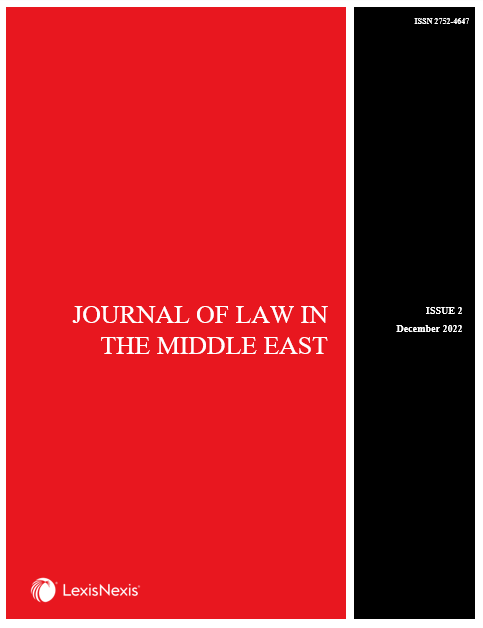Towards a Strong UAE National Human Rights Institution: Complying with the Paris Principles and Beyond
Keywords:
National Human Rights Institutions, Paris Principles, human rights, United Arab EmiratesAbstract
National Human Rights Institutions (NHRIs) play an instrumental role in supporting States to fulfil their human rights obligations, by monitoring and reporting on human rights issues, advising the governments on policies and laws, and advocating for reforms that aim to enhance the protection of human rights for all. The Paris Principles, adopted in 1993, have set out universal minimum standards for the establishment and operation of NHRIs and provide guidance to States with regards to their NHRIs’ structure, membership, operation and mandate. The Principles stipulate a broad and effective mandate, independence and pluralism as fundamental principles for credible, independent and effective NHRIs. With the establishment of its National Human Rights Institution in December 2021, the Government of the UAE sends a clear message of strong commitment to promoting and protecting human rights and engaging meaningfully with international human rights mechanisms and relevant universal standards. In this context, this essay explores the application of the Paris Principles to the UAE NHRI, considering lessons learned from the region and relevant recommendations of the Global Alliance of National Human Rights Institutions (GANHRI) and its accreditation body, the Sub-Committee on Accreditation (SCA). It critically evaluates the UAE NHRI establishment, making a number of recommendations in relation to its mandate and operation and proposes important agenda items that can inform its action plan.





